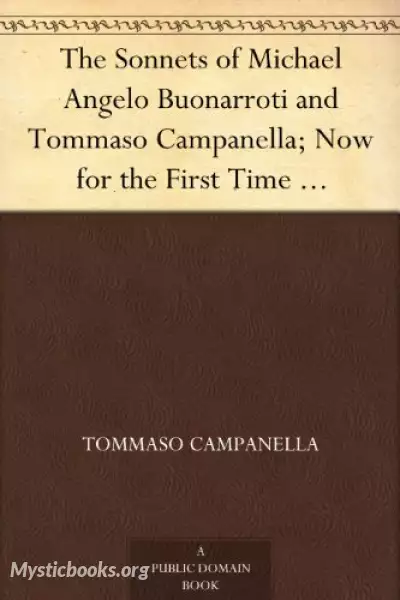
The Sonnets of Michael Angelo Buonarroti and Tommaso Campanella
'The Sonnets of Michael Angelo Buonarroti and Tommaso Campanella ' Summary
The one devoted all his mental energies to the realisation of beauty: the other strove to ascertain truth. The one clung to Ficino's dream of Platonising Christianity: the other constructed for himself a new theology, founded on the conception of God immanent in nature. Michael Angelo expressed the aspirations of a solitary life dedicated to the service of art, at a time when art received the suffrage and the admiration of all Italy. Campanella gave utterance to a spirit, exiled and isolated, misunderstood by those with whom he lived, at a moment when philosophy was hunted down as heresy and imprisoned as treason to the public weal. The marks of this difference in the external and internal circumstances of the two poets might be multiplied indefinitely. Yet they had much in common. Both stood above their age, and in a sense aloof from it. Both approached poetry in the spirit of thinkers bent upon extricating themselves from the trivialities of contemporary literature. The sonnets of both alike are contributions to philosophical poetry in an age when the Italians had lost their ancient manliness and energy. Both were united by the ties of study and affection to the greatest singer of their nation, Dante, at a time when Petrarch, thrice diluted and emasculated, was the Phoebus of academies and coteries.
Book Details
Language
EnglishOriginal Language
UnknownPublished In
1878Genre/Category
Tags/Keywords
Authors
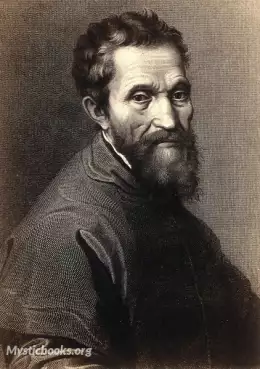
Michelangelo Buonarroti
Italy
Michelangelo di Lodovico Buonarroti Simoni was an Italian sculptor, painter, architect and poet of the High Renaissance born in the Republic of Florence, whose work had a major influence on the develo...
Books by Michelangelo BuonarrotiDownload eBooks
Listen/Download Audiobook
- Select Speed
Related books
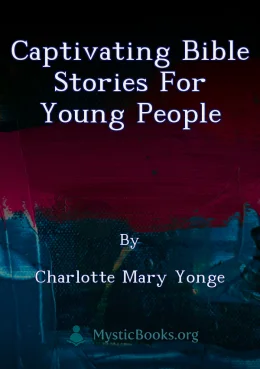
Captivating Bible Stories for Young People by Charlotte Mary Yonge
This book presents a selection of Bible stories retold in a simple and accessible way for young readers. It covers stories from both the Old and New T...
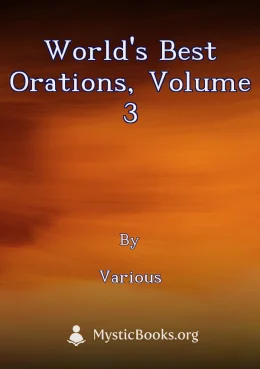
World's Best Orations, Volume 3 by Various
This volume compiles a selection of renowned speeches from various fields, showcasing the power and art of oratory. It presents a diverse range of voi...

Vie de Rancé by François-René de Chateaubriand
The "Vie de Rancé" is a hagiographic work by François-René de Chateaubriand that tells the life of Armand Jean Le Bouthillier de Rancé, the founder of...
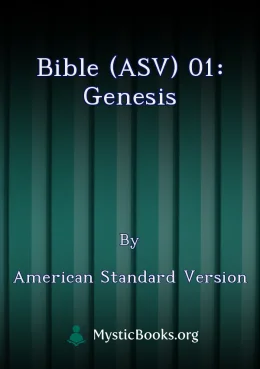
Bible (ASV) 01: Genesis by American Standard Version
"Genesis (Greek: "birth", "origin") is the first book of the Hebrew Bible, and the first of five books of the Pentateuch or Torah. It recounts the wor...
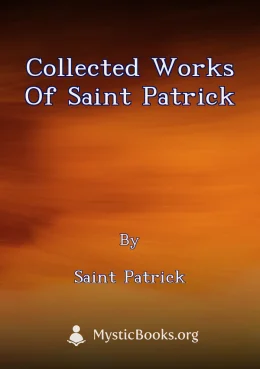
Collected Works of Saint Patrick by Saint Patrick
St. Patrick's Breastplate - This prayer is attributed to St. Patrick and his disciples. It is written with some Celtic pagan elements, but is definite...
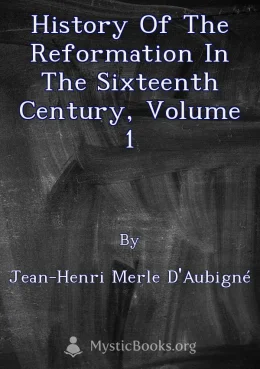
History of the Reformation in the Sixteenth Century, Volume 1 by Jean-Henri Merle d'Aubigné
This volume is the first installment of a five-volume work that recounts the history of the Protestant Reformation in the 16th century. The author, a...

Nippon by Alfred Noyes
LibriVox volunteers bring you eleven recordings of Nippon by Alfred Noyes. This was the weekly poetry project for the week of June 9th, 2007.
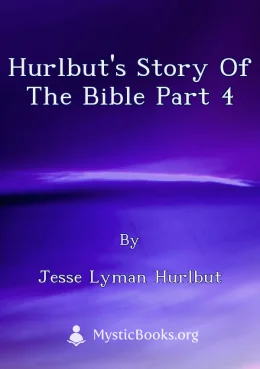
Hurlbut's Story of the Bible Part 4 by Jesse Lyman Hurlbut
Some years ago, the editor of an English magazine sent a communication to "the hundred greatest men in Great Britain" asking them this question: "If f...
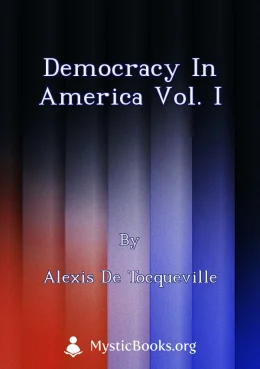
Democracy in America Vol. I by Alexis de Tocqueville
When Tocqueville visited America in the 1830s he found a thriving democracy of a kind he had not seen anywhere else. Many of his insightful observatio...
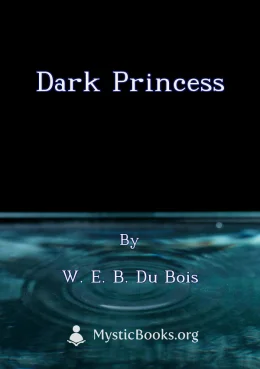
Dark Princess by W. E. B. Du Bois
Dark Princess is a historical novel by W. E. B. Du Bois that explores the beauty of people of color around the world. The novel's fully imagined chara...
Reviews for The Sonnets of Michael Angelo Buonarroti and Tommaso Campanella
No reviews posted or approved, yet...